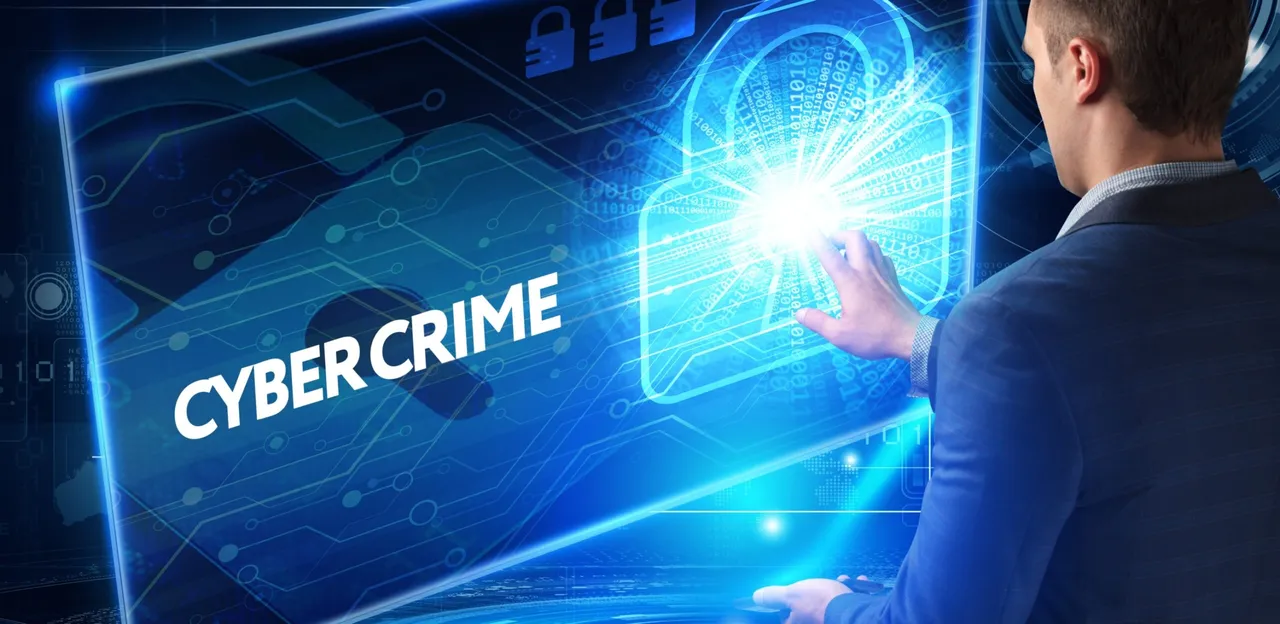
Cybercrime refers to any illegal activity that involves the use of computer systems, networks, or the Internet. This can include a wide range of offenses, such as hacking, identity theft, online harassment, and distribution of child pornography. Cybercrime can be committed by individuals, groups, or even nation-states, and can have serious consequences for both individuals and society as a whole.
The history of cybercrime can be traced back to the early days of the internet, when hackers began exploiting vulnerabilities in computer systems and networks. One of the first recorded instances of cybercrime was the 1989 "Morris Worm" attack, which infected thousands of computers and caused widespread disruption to the internet.
In the 1990s, cybercrime began to take on more sophisticated forms, such as online fraud and identity theft. The rise of e-commerce and online banking created new opportunities for criminals to exploit, and the number of cybercrime incidents began to increase dramatically.
In the 21st century, cybercrime has become an increasingly significant threat, with the rise of highly sophisticated and organized cybercriminal groups. These groups have been responsible for a number of high-profile attacks, including the 2013 Yahoo! data breach, which exposed the personal information of over 3 billion users.
Online Criminal Activities
Cybercrime encompasses a vast range of criminal activities that involve computers, networks, and digital devices. It typically aims to exploit vulnerabilities in systems for illegal gain, harm individuals or organizations, or disrupt operations. Some of the key characteristics of cybercrime include:
Target: Cybercrime can target individuals, businesses, governments, and critical infrastructure. Hackers may aim to steal personal information, financial data, or intellectual property, damage systems and disrupt operations, or extort money through threats.
Method: Cybercriminals employ various tactics, including:
- Hacking: Gaining unauthorized access to computer systems or networks.
- Malware: Deploying malicious software like viruses, worms, and ransomware to harm systems.
- Phishing: Deceptive emails or messages impersonating legitimate entities to trick people into revealing personal information or clicking on malicious links.
- Social engineering: Manipulating people through psychological tactics to disclose sensitive information or take actions harmful to themselves or their organization.
- Denial-of-service (DoS) attacks: Overwhelming a system with traffic to render it unavailable for legitimate users.
Motivation: Cybercriminals can be driven by various motives, including:
- Financial gain: Stealing money, extorting victims, or selling stolen data on the black market.
- Espionage: Stealing confidential information for political or economic advantage.
- Vandalism: Disrupting or damaging systems for amusement or ideological reasons.
- Activism: Hacking to raise awareness about social or political issues.
Impact: Cybercrime can have significant consequences for individuals, businesses, and society as a whole. It can lead to financial losses, identity theft, data breaches, damage to critical infrastructure, and even loss of life.
Combating cybercrime: Governments, businesses, and individuals all have a role to play in combating cybercrime. Measures include:
- Strengthening cybersecurity measures: Implementing strong passwords, firewalls, and security software.
- Raising awareness: Educating individuals and organizations about cybercrime risks and how to protect themselves.
- International cooperation: Collaborating across borders to track down and prosecute cybercriminals.
Combating Cybercrime
Numerous organizations, both governmental and non-governmental, are engaged in the crucial task of preventing cybercrime.
Here's a glimpse into some key players:
Governmental Organizations:
- National Agencies: Many countries have dedicated agencies focused on cybersecurity. For example, the US has the Cybersecurity and Infrastructure Security Agency (CISA), which is responsible for protecting critical infrastructure, while the UK has the National Cyber Security Centre (NCSC) and the Australian Cyber Security Centre (ACSC). These agencies work to identify and mitigate cyber threats, provide guidance and resources to businesses and individuals, and collaborate with international partners.
- Law Enforcement: Police forces and crime investigation agencies have specialized units dedicated to cybercrime. They investigate cyberattacks, track down perpetrators, and bring them to justice. Europol, an EU law enforcement agency, has a dedicated Cybercrime Centre.
- Military: Many countries' militaries have cyber warfare units focused on defending national security from cyberattacks and potentially responding offensively in certain situations.
Non-Governmental Organizations (NGOs):
- Industry Associations: Organizations like the International Information Systems Security Certification Consortium (ISC)² and the Cloud Security Alliance (CSA) develop security standards, offer certifications for cybersecurity professionals, and advocate for best practices in the industry.
- Cybersecurity Think Tanks: Organizations like the Carnegie Endowment for International Peace and the RAND Corporation conduct research on cyber threats, publish reports and recommendations, and host conferences and discussions to raise awareness and inform policy decisions.
- NGOs with a Specific Focus: Organizations like the Cyberbullying Research Center and the Internet Watch Foundation work to combat specific types of cybercrime, such as cyberbullying and online child exploitation.
International Cooperation:
- Interpol: This international police organization has a dedicated Cybercrime Directorate that coordinates investigative efforts, facilitates information sharing between member countries, and develops training programs for law enforcement.
- United Nations: The UN Office on Drugs and Crime (UNODC) has a Global Programme on Cybercrime that provides technical assistance and capacity building to member states to help them strengthen their cybersecurity capabilities.
Additionally, numerous private companies and independent researchers contribute to the fight against cybercrime. They develop security software, identify and disclose vulnerabilities, and offer expert advice and services to governments and businesses.
The cybercrime landscape is constantly evolving, so these organizations must adapt and collaborate effectively to stay ahead of the curve. Their efforts are crucial in protecting individuals, businesses, and critical infrastructure from the growing threat of cyberattacks.
\
